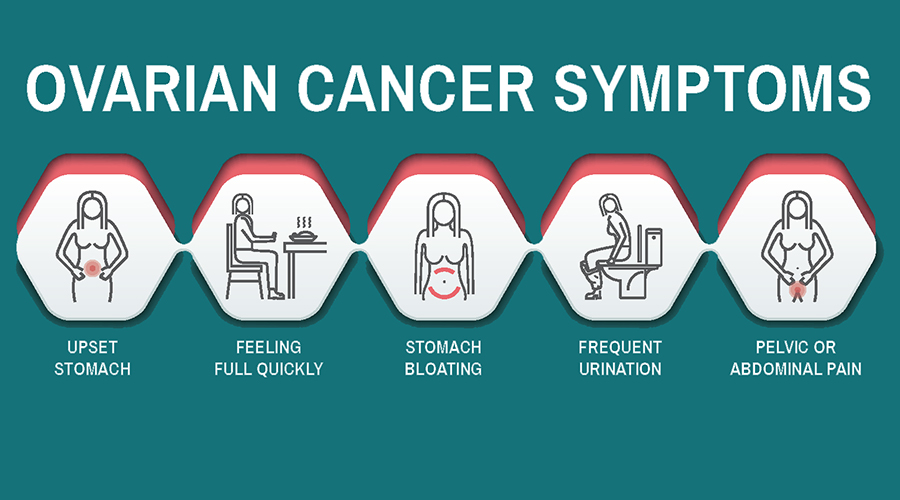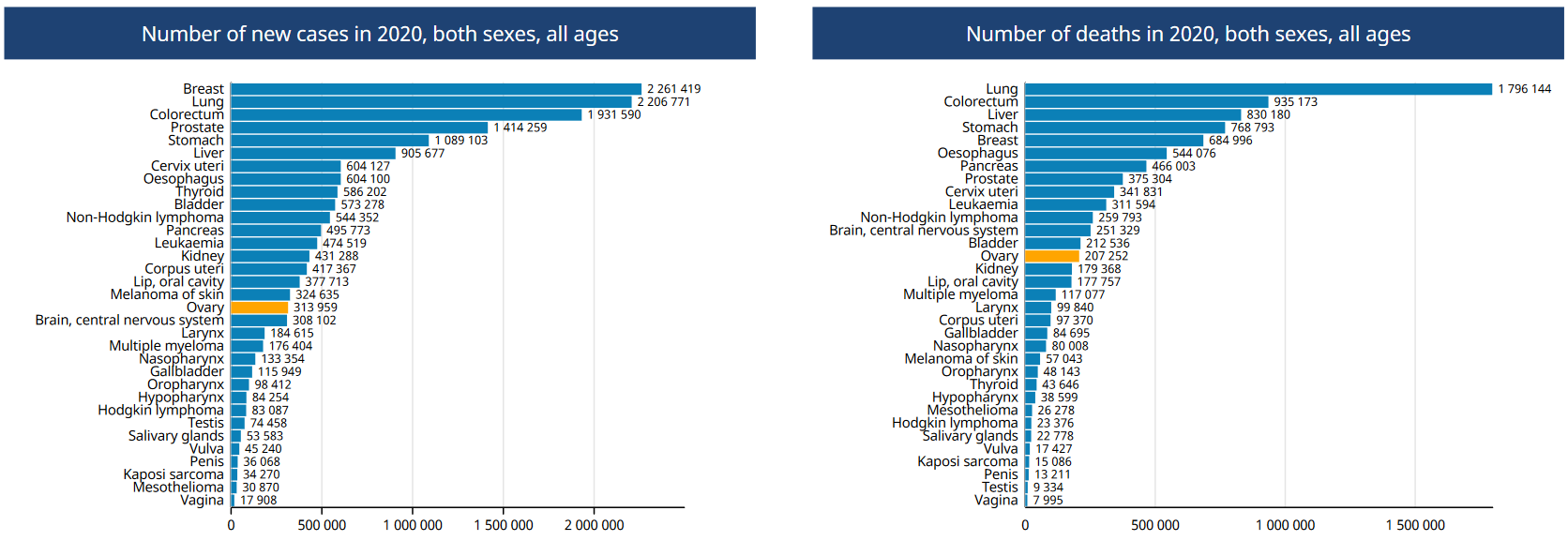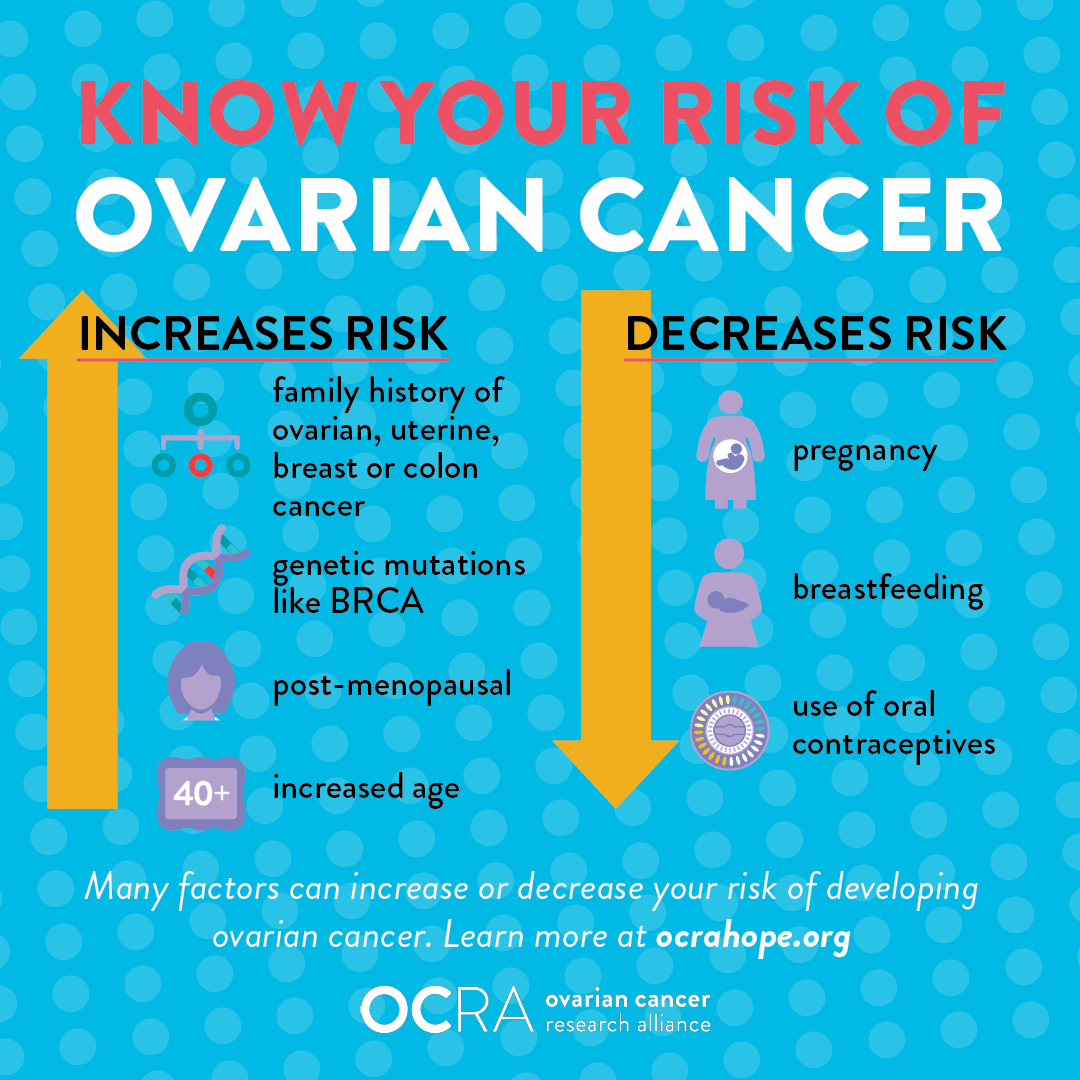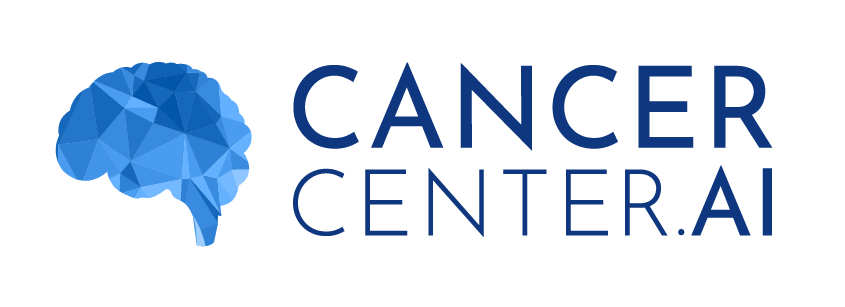The Importance of World Ovarian Cancer Day
World Ovarian Cancer Day was established in 2013 to increase global awareness and improve the survival rate of those diagnosed with this disease. It is a day when healthcare professionals, cancer survivors, and advocates come together to share information, support each other, and spread the word about the significance of early detection and prevention.
Ovarian Cancer: Silent but Deadly
Ovarian cancer often goes undetected until it has spread within the pelvis and abdomen, making it more challenging to treat. This cancer is frequently referred to as the “silent killer” due to its vague and often overlooked symptoms, which can include bloating, pelvic or abdominal pain, difficulty eating, and frequent urination.

Ovarian Cancer Statistics: A Closer Look
Understanding the prevalence and impact of ovarian cancer is crucial in raising awareness and promoting early detection. Here are some important statistics to consider:
- Globally, ovarian cancer is the eighth most common cancer among women. A woman’s lifetime risk of developing ovarian cancer is 1 in 78.
- According to the World Health Organization, approximately 313,959 new cases of ovarian cancer were diagnosed in 2020, and there were 207,252 ovarian cancer-related deaths. It results in a 66% death rate.
- The American Cancer Society estimates that about 19,710 women in the United States will be diagnosed with ovarian cancer in 2023, and around 13,270 will die from the disease.
- The five-year survival rate for women diagnosed with ovarian cancer in late stages is approximately 30%, but when diagnosed and treated in its early stages, the survival rate increases to over 93%.
- Up to 25% of ovarian cancers are a part of family cancer syndromes resulting from inherited changes (mutations) in certain genes.

Empower Yourself with Self-Diagnosis Methods
Being proactive about your health and understanding the early warning signs of ovarian cancer can make all the difference in early detection and treatment. While self-diagnosis methods should never replace professional medical advice, they can serve as an essential first step in identifying potential symptoms. Here are some ways to empower yourself with self-diagnosis methods:
- Know the symptoms: Familiarize yourself with the common symptoms of ovarian cancer, which can include bloating, pelvic or abdominal pain, difficulty eating, and frequent urination. Keep in mind that these symptoms can also be associated with other, less severe health issues, so it’s crucial to consult a healthcare professional if you notice any changes.
- Track your menstrual cycle: Regularly monitoring your menstrual cycle can help you identify any irregularities or changes, such as missed periods or unusually heavy bleeding, which could indicate a potential issue that needs further examination.
- Listen to your body: Pay close attention to any changes in your body or discomfort that persists or worsens over time. This can include gastrointestinal issues, unexplained weight loss or gain, and fatigue. If something doesn’t feel right, trust your instincts and consult a healthcare professional.
- Maintain a symptom diary: Documenting any symptoms you experience can be a useful tool when discussing your concerns with your healthcare provider. By tracking your symptoms over time, you can identify patterns or changes that may warrant further investigation.
Remember, early detection is key in the fight against ovarian cancer. By empowering yourself with self-diagnosis methods and seeking medical advice when necessary, you can take control of your health and potentially save your life.
Prevention Strategies to Reduce the Risk
While there is no foolproof method to prevent ovarian cancer, several steps can be taken to reduce the risk:
- Know your family history: Understanding if you have a genetic predisposition to ovarian cancer can help you make informed decisions about your healthcare.
- Maintain a healthy lifestyle: A well-balanced diet, regular exercise, and maintaining a healthy weight can lower the risk of various types of cancer, including ovarian cancer.
- Consider oral contraceptives: Research has shown that women who use oral contraceptives for an extended period may have a reduced risk of developing ovarian cancer.
- Be proactive about reproductive health: Regular gynecological check-ups and discussions with your healthcare provider about any concerns can contribute to early detection and treatment.

Conclusion
Ovarian cancer is a devastating disease that can greatly impact a woman’s life and can be a difficult and emotional journey for both the patient and their loved ones. That’s why it’s crucial to raise awareness about the importance of early detection and treatment, so women can be proactive and have a better chance of fighting this disease. On World Ovarian Cancer Day, we should come together to raise awareness, support those affected, and work towards a brighter, cancer-free future. By educating ourselves on the importance of early detection, embracing self-diagnosis methods, and adopting preventative measures, we can make a difference in the fight against ovarian cancer and save lives, bringing hope to those who need it most.

Bibliography
- Cancer Today – IARC. Cancer fact sheets. https://gco.iarc.fr/today/fact-sheets-cancers
- National Cancer Institute. Ovarian Cancer: Risk Factors. https://www.cancer.gov/types/ovarian/patient/ovarian-prevention-pdq#section/_48
- Ovarian Cancer Research Alliance. Ovarian Cancer Statistics. https://ocrahope.org/patients/about-ovarian-cancer/statistics/
- World Health Organization. Cancer: Key Facts. https://www.who.int/news-room/fact-sheets/detail/cancer
- World Ovarian Cancer Coalition. (n.d.). World Ovarian Cancer Day. https://worldovariancancercoalition.org/world-ovarian-cancer-day/

